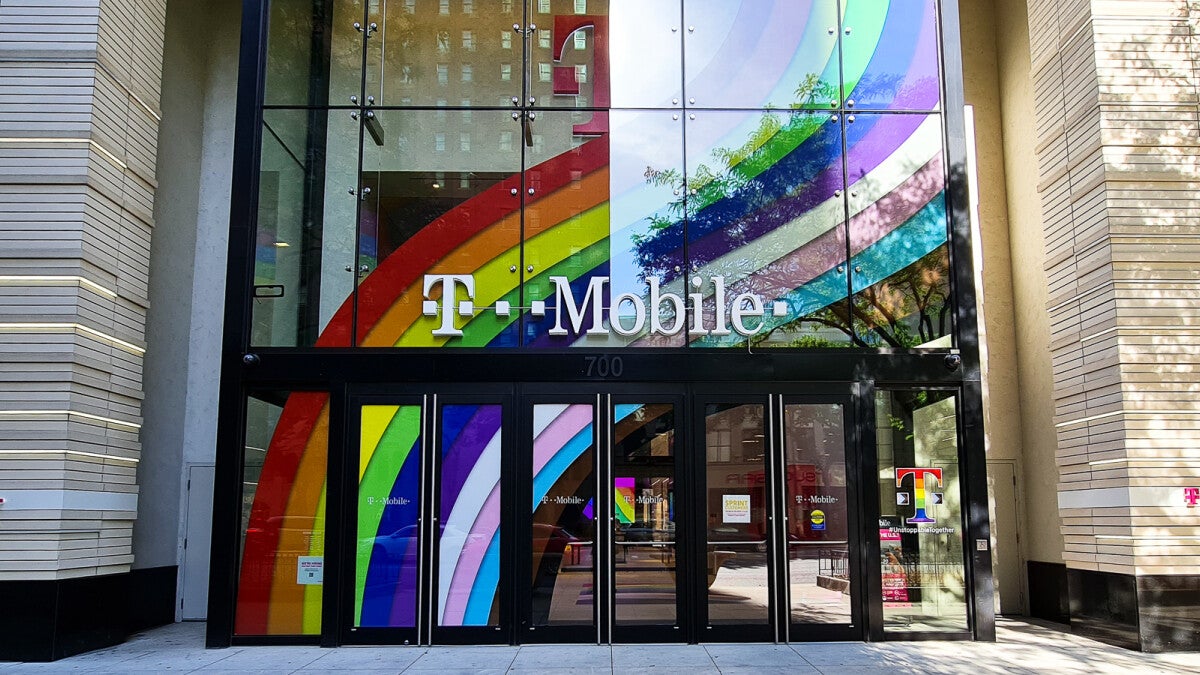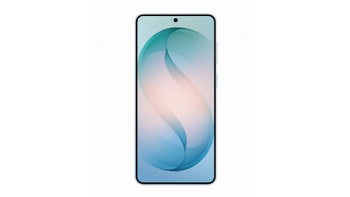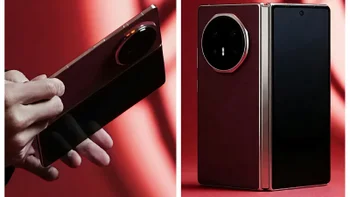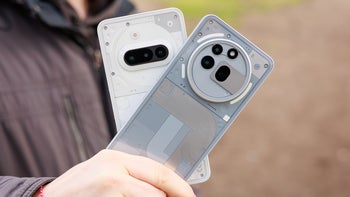T-Mobile reportedly spends more cash to add more spectrum for 5G service

T-Mobile made an incredibly smart decision a few years ago. Unlike Verizon and AT&T, T-Mobile decided to build its 5G network from the bottom up. So while the others were focusing on mmWave 5G (which delivers the fastest 5G download data speeds), T-Mobile was buying nearly $8 billion worth of low-band 600MHz spectrum. It also spent $26 billion to buy Sprint so it could take control of the latter's mid-band 2.5GHz airwaves.
T-Mobile's decision to focus on low and mid-band 5G has helped it battle Verizon and AT&T
The reason why these decisions were so important is because of the different characteristics between low-band, mid-band, and mmWave spectrum. When Verizon and AT&T decided to start their 5G build-outs with mmWave, they were probably thinking that the faster download speeds available would attract subscribers. But what these two carriers didn't seem to consider was the limited reach of mmWave which makes finding such signals akin to finding a needle in a haystack.

T-Mobile is arguably the 5G leader in the states
T-Mobile, on the other hand, focused on its low-band and mid-band spectrum. Used for its nationwide service, low-band signals travel greater distances and can easily penetrate structures. The problem is that low-band signals deliver download speeds in the LTE range although such signals are easier to find.
If only there was a way to reach more consumers than mmWave with download speeds faster than low-band. Does that type of Goldilocks platform exist? It sure does and it is called mid-band. This is why T-Mobile purchased Sprint. The 2.5GHz airwaves deliver 5G at a download speed roughly ten times faster than low band (350-400Mbps). And while it might not travel the distances that low-band signals do, it still is much more likely for a consumer to connect with a 5G mid-band signal than a mmWave one.
So Verizon and AT&T ran out and picked up some C-band spectrum (which is in the mid-band range) at an FCC auction paying a combined $68 billion to keep up with T-Mobile. But T-Mobile continues to pick up more 2.5GHz airwaves. And according to LightReading, T-Mobile just spent $21.1 million to purchase additional 2.5GHz spectrum from Shentel. The latter made this disclosure in a recent filing with the Securities & Exchange Commission (SEC).
While the quarterly 10Q submitted to the SEC did not mention which company bought the spectrum, the firm's earnings call hinted that T-Mobile purchased the airwaves to "augment their current capacity." Shentel had been using the 2.5GHz spectrum for use with its fixed wireless internet service called "Beam Internet." The value of Shentel's 2.5GHz holdings had risen recently which the company wanted to cash in on according to its CFO.
The purchase adds to the wireless provider's 2.5GHz spectrum that T-Mobile took over when it bought Sprint; it also spent $304 million this past September during the FCC's Auction 108 to control even more 2.5GHz airwaves. The 7,156 2.5GHz licenses it won cover 81 million people, mostly in rural areas.
T-Mobile CEO Mike Sievert has done a tremendous job with the carrier
Some analysts were concerned that when CEO John Legere left T-Mobile in 2020, the carrier would lose the amazing momentum it had when it rose from dead last among the four major carriers to become the second-largest wireless provider in the states. Under Legere, T-Mobile also became the most innovative of the four majors. But Legere's right-hand man at the time, Mike Sievert, has done a tremendous job as CEO and this has been reflected in the company's stock price which recently set a 52-week high at $154.38.
And while T-Mobile might not attack its competitors the way it used to under Legere, from time to time it has pulled out the old playbook to take a shot at Verizon or AT&T. It also has been branching out into other mobile product categories. Just this past week T-Mobile introduced a $325 suitcase that includes a detachable power bank, a wireless charger, and more. The next step in T-Mobile's evolution appears to be using its now well-known and popular name to generate revenue not related to its main business.
Follow us on Google News














Things that are NOT allowed:
To help keep our community safe and free from spam, we apply temporary limits to newly created accounts: